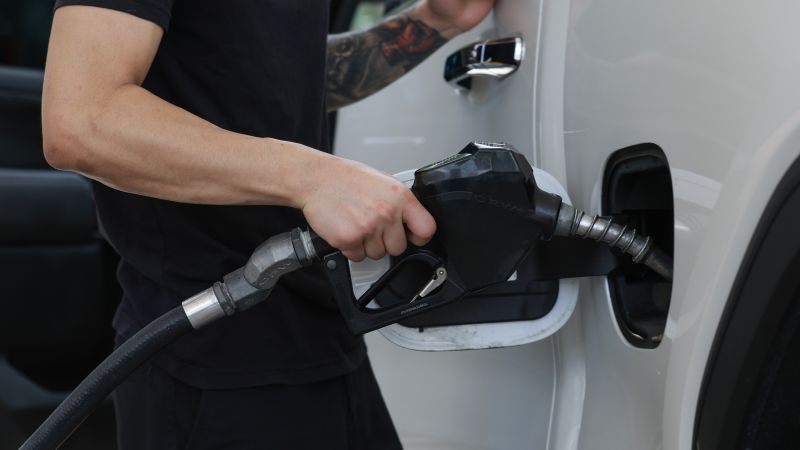Two years ago, gasoline prices in the United States reached a record high of $5.02 per gallon, causing significant financial strain on consumers, investors, and families and contributing to a national inflation rate of 9%. However, gas prices have since decreased substantially, with the national average for regular gas sitting at $3.46 per gallon. The decrease in gas prices has helped alleviate financial pressure on consumers and has played a role in driving down inflation rates. This has raised hopes that the Federal Reserve may be able to cut interest rates and provide relief to borrowers facing high rates on mortgages, credit cards, and car loans.
The impact of gas prices on consumer sentiment and the economy is significant, as they are a key factor in how people perceive their financial situation, especially for low-income households. Although the White House may not receive direct credit for falling gas prices, a spike in prices could have negative consequences, impacting consumer confidence and political concerns, particularly in an election year. Several states have seen significant decreases in gas prices compared to a year ago, and efforts to lower prices and maintain a stable energy supply remain a priority for the administration.
While many may remember the $2 gas prices of the past, current gas prices are in line with historical levels after adjusting for inflation. Real gas prices in June 2019 and 2018 were comparable to current prices, reflecting ongoing trends in the energy market. Despite investments in clean energy, domestic oil and gas production has played a critical role in meeting immediate energy needs. US oil production has reached record levels, driven by the shale oil boom, and has helped offset the impact of global production constraints due to geopolitical conflicts in Ukraine and the Middle East.
The current outlook for gas prices is positive, with stockpiles of gasoline improving and inventories returning to normal levels. This trend is expected to keep gas prices lower throughout the summer driving season, offering relief to consumers. While uncertainties such as possible hurricanes or oil price shocks remain, experts predict that gas prices should remain subdued if these events are avoided. Overall, the current state of gas prices is considered a better-than-expected outcome, providing some stability for consumers and the economy in the midst of ongoing challenges in the energy market.


